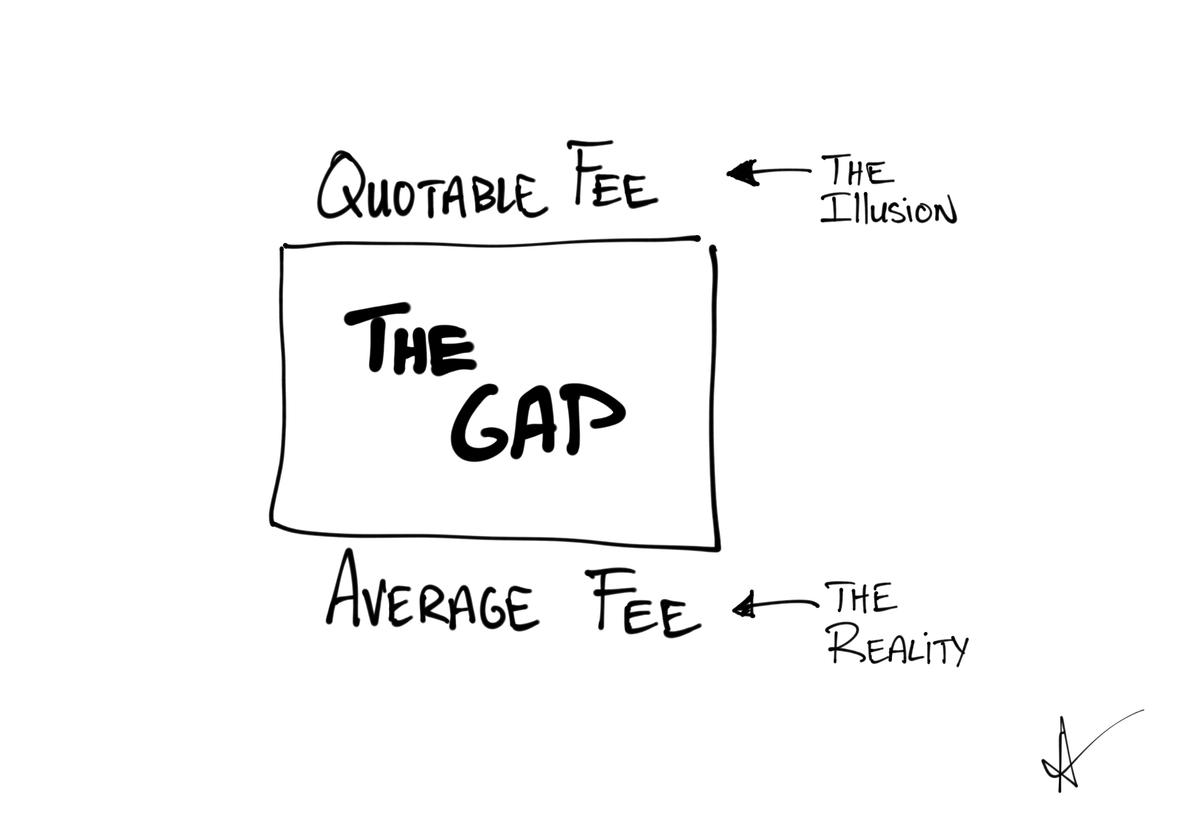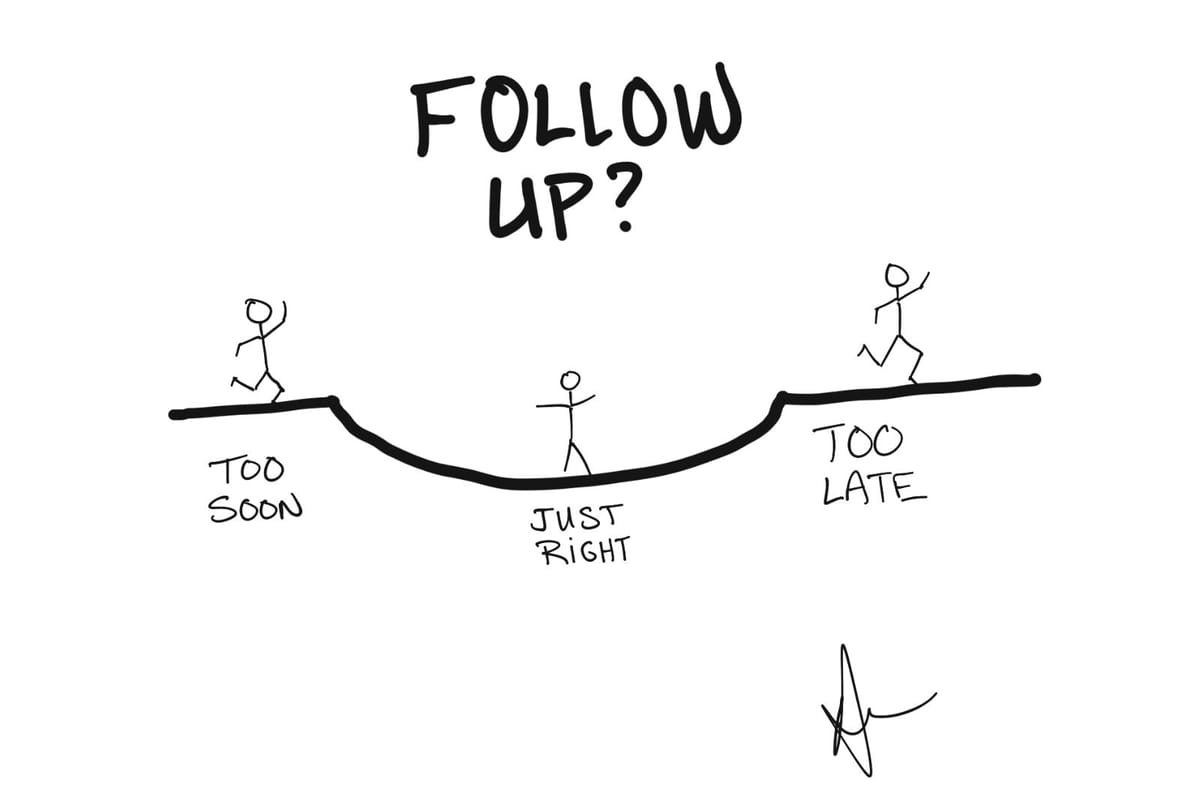By now, you should know that I REALLY like systems…
A standard way of doing things in your speaking business not only makes you more efficient, but it also ensures you avoid those horrible mistakes that cost you gigs… or worse.
And that philosophy absolutely applies when it comes to email and phone templates or scripts.
Every professional speaker should at least have these.
Just imagine you’re about to jump on a call with an inquiry and you’re eager to get the gig. You thought through exactly what you’re going to say and what speech you’re going to pitch. But have you thought about how you’re going to talk about your fee when they ask?
Or, let’s say you have an inbound inquiry and you’re just about to leave a voicemail (because 99% of those people don’t answer their phone when you call.) What exactly are you going to say so you don’t sound like a doofus?
And what are you going to write in that follow-up email that you type out the next day? Are you going to spend time each and every time thinking through the content and writing it from scratch?
With that, let’s look at the ten reasons I think every single speaker should invest the time to create email and phone scripts for their speaking business.
1. Consistency Creates Credibility
It means you’re not guessing. You’re going with a proven language script that covers what you need and makes you look like a pro.
That consistency breeds trust… and that leads to repeat bookings, increased fees, and higher satisfaction on your organizer’s side.
Think of it like Starbucks. You know your grande vanilla latte is going to taste the same whether you’re in Seattle, Singapore, or Schenectady. That’s the kind of trust event planners want in you.
Overall, you become easier to work with. (And that’s always a good thing!)
2. Reduce Your Admin Overhead Tremendously
If you’re not using scripts yet, think about your current process…
When you’re constantly writing custom emails and improvising phone calls, it becomes all-consuming. You have to think about how you’re going to respond to every single inquiry each and every time you get one.
This is the time you could be spending on your speech!
Or, you know… binge-watching Netflix. But let’s be honest, rehearsing your closing story is probably a better investment.
Pre-written scripts and templates allow you to focus more on what matters like refining your keynote and running your business. You’ll also achieve higher quality output on all of those tasks.
For example, I have a very specific series of messages I send in order to get testimonials from clients. I’ve honed this over the years… and it’s still getting better. It works really well, and I insist on using it every time I’m following up with a client after a gig.
3. Increase Your Close Rate
When you have a proven email and phone script, it really does increase your conversion rate. Just think… you’ve thoughtfully structured your outreach rather than coming up with something on the fly.
This creates a positive response in your clients and reassures them that you know what you’re doing when it comes to delivering a great customer experience.
It’s the email equivalent of showing up to a black-tie gala in sweatpants. You might technically still get in, but no one’s impressed.

4. Enable Effective Experimentation
Holy smokes, this is a big one.
When you have a template or a script that isn’t working, you have the chance to refine the language until it does.
As an example, let’s say you’re working on a testimonial request template and you’re just not getting good responses from clients. That means, it’s time to adjust your language. Make small tweaks over time and see what starts to work.
If an organizer isn’t responding, you don’t need to completely reinvent the wheel. Just tweak what you have until you start to see better results. Then, take what works and set it in stone so you can use it over and over again!
Continual experimentation leads to consistent improvement and higher effectiveness.

5. Prevent Miscommunication
As you may recall, my wife, Elizabeth, helps with all of the operations of the speaking business. She has a bunch of templates that she uses constantly.
We honed them… adjusted them… added new ones.

Without those scripts and templates, some of the details would fall through the cracks. In the past, we’ve had trouble with this, so we worked hard to create a new set of follow-ups that don’t make us sound annoying when we check in with organizers.
Because nothing says ‘professional speaker’ like leaving seventeen voicemails that sound progressively more desperate...
"Hey, just checking in again… um, it’s been 48 seconds since my last message… call me back?"
Instead, our current templates kindly make sure our clients have everything they need and clearly outline details for the gig to avoid ambiguity. I really do think organizers appreciate these precise and professional interactions.
When you align your language – from team member to team member, or client to client – it reduces friction and increases their satisfaction with the way you work.









